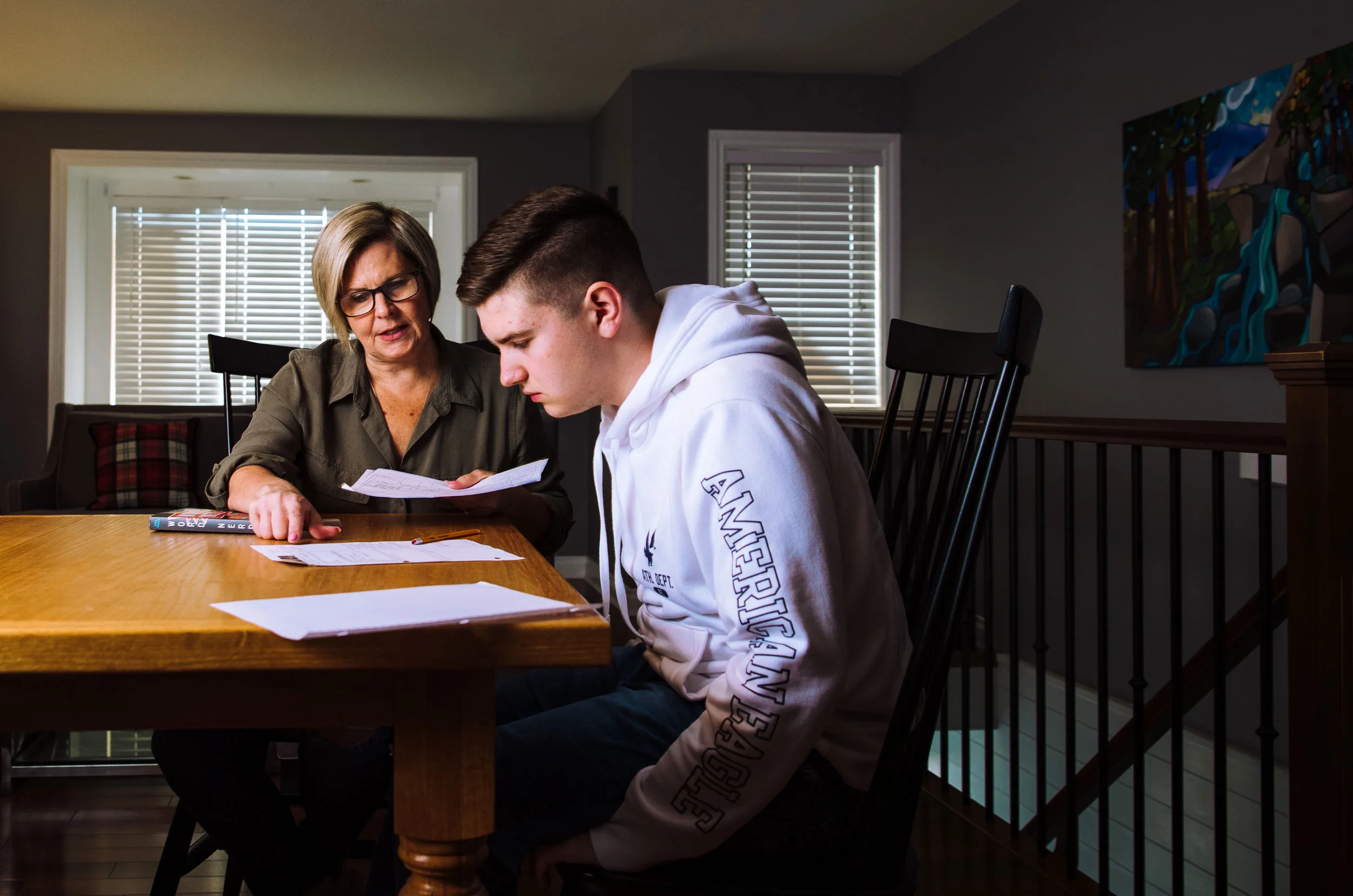September 5, 2017, New Westminster, BC: The future of inclusive education in BC’s public schools is at a “key juncture” today, as our province faces promising new opportunities and ongoing challenges.
Those are among the conclusions of a new report released today by Inclusion BC, summing up insights from over 100 teachers, parents, education professionals and leading Canadian experts who presented at our June 2017 Inclusive Education Summit in Richmond, BC.
The new report, “Implementing Inclusion in BC’s Public Schools,” identified BC’s new curriculum, with its focus on student diversity and empowerment, as a valuable new tool for helping teachers include and support all learners in regular classrooms.
The report also describes this as an “opportune” moment, with a broad consensus on re-investing in public schools and supports for inclusion after the 2016 Supreme Court decision that ended a 15-year fight between the BC government and teachers.
“It’s time for bold leadership and we are committed to working collaboratively with government, teachers and parents to seize this opportunity,” said Inclusion BC’s Executive Director, Faith Bodnar.
“Inclusive public schools are critical to building a strong, successful, cohesive society where all citizens can contribute, with a sense of empowerment, purpose and belonging,” added Inclusion BC President Jackie Carpenter.
“We know from an extensive body of research that inclusive education works best for ALL students,” Bodnar added. “It is also a right that Canada has recognized, under Article 24 of the UN Convention on the Rights of Persons with Disabilities, but one that has been ignored for too many BC students for far too long.”
“It’s not always easy to translate theory into practice, especially with public schools that have been underfunded for some time,” Bodnar said. “We all need to work together to ensure that our teachers will be well supported with all the resources, time and knowledge they need to make this happen.”
Notwithstanding the challenge of reconfiguring classrooms and restoring supports for inclusive education in BC’s public schools, participants at the June Summit shared a new sense of optimism, pointing to a rare consensus emerging among BC’s education stakeholders and a new provincial curriculum that supports teaching to diversity.
Presenters at the June 14 Summit included Jacqueline Specht, Director of the Canadian Research Centre on Inclusive Education at Ontario’s Western University; teacher/inclusion consultant Shelley Moore; former BC Teachers Federation researcher Sherri Brown; and Leyton Schnellert, Assistant Professor in the University of British Columbia’s Faculty of Education.
Summit participants stressed the need to provide practical tools, training and resources to support schools and teachers in the shift towards classrooms that are better designed to empower diverse learners. This includes more time for lesson planning, more specialist and support staff and more opportunities for teachers to collaborate with colleagues and parents.
Inclusion BC has committed to working with all BC’s education partners to ensure that all students are welcomed at their local public schools and granted opportunities to grow and thrive regardless of their abilities. This report is part of an ongoing Inclusion BC initiative to restore supports for inclusive education.


